
- In pictures
- In pictures
Bird-spotting from medieval to modern times
What use is ‘twitching’? Exploring materials created over 500 years shows that there’s more to birdwatching than meets the eye.

- Article
- Article
What happy endings teach us in childhood
Kate Wilkinson explores why, in quest fiction, good must triumph over evil, and what that means both for childhood dreams and adult realities.
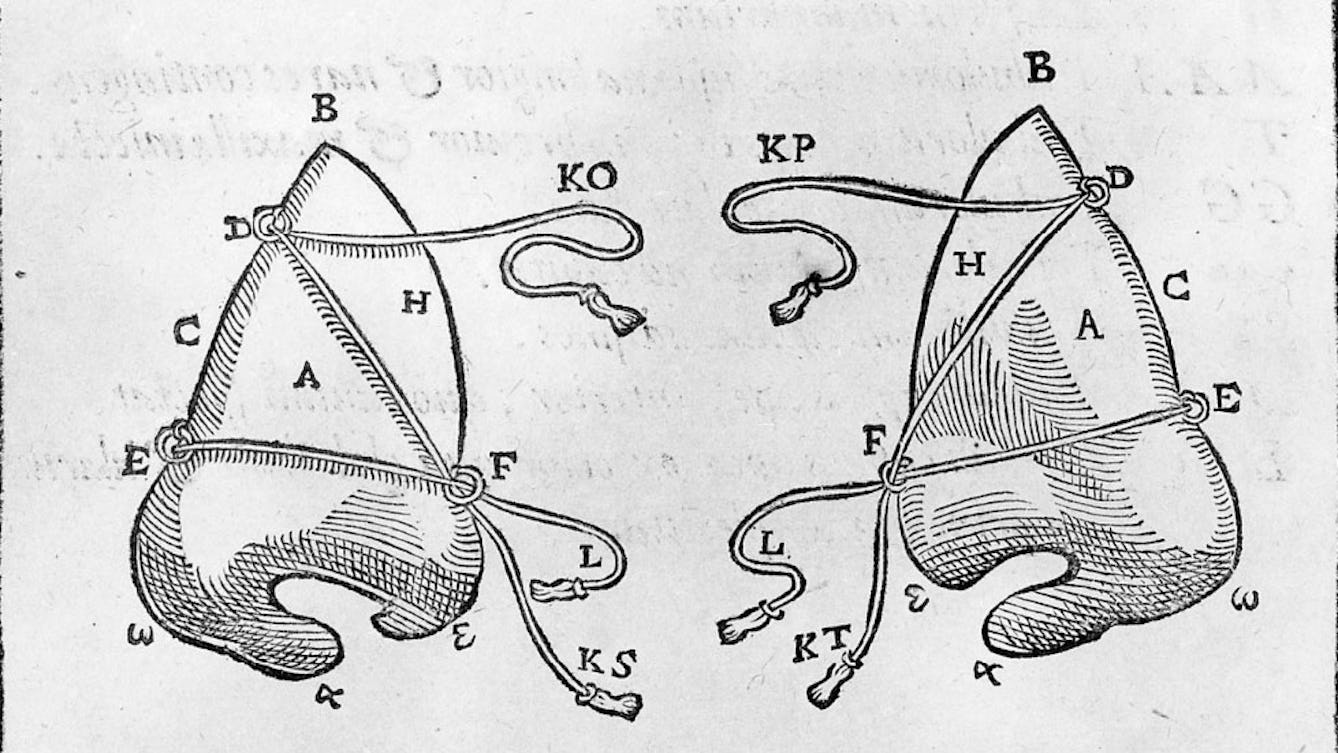
- Book extract
- Book extract
My important, ridiculous nose
The nose is a much-maligned appendage, but it’s a powerful organ capable of invoking powerful emotions from past memories and sexual attraction.

- Book extract
- Book extract
Your gut’s instincts
Cultural historian Elsa Richardson explores the stomach’s influence over our emotions, and why trusting your gut is often good advice.
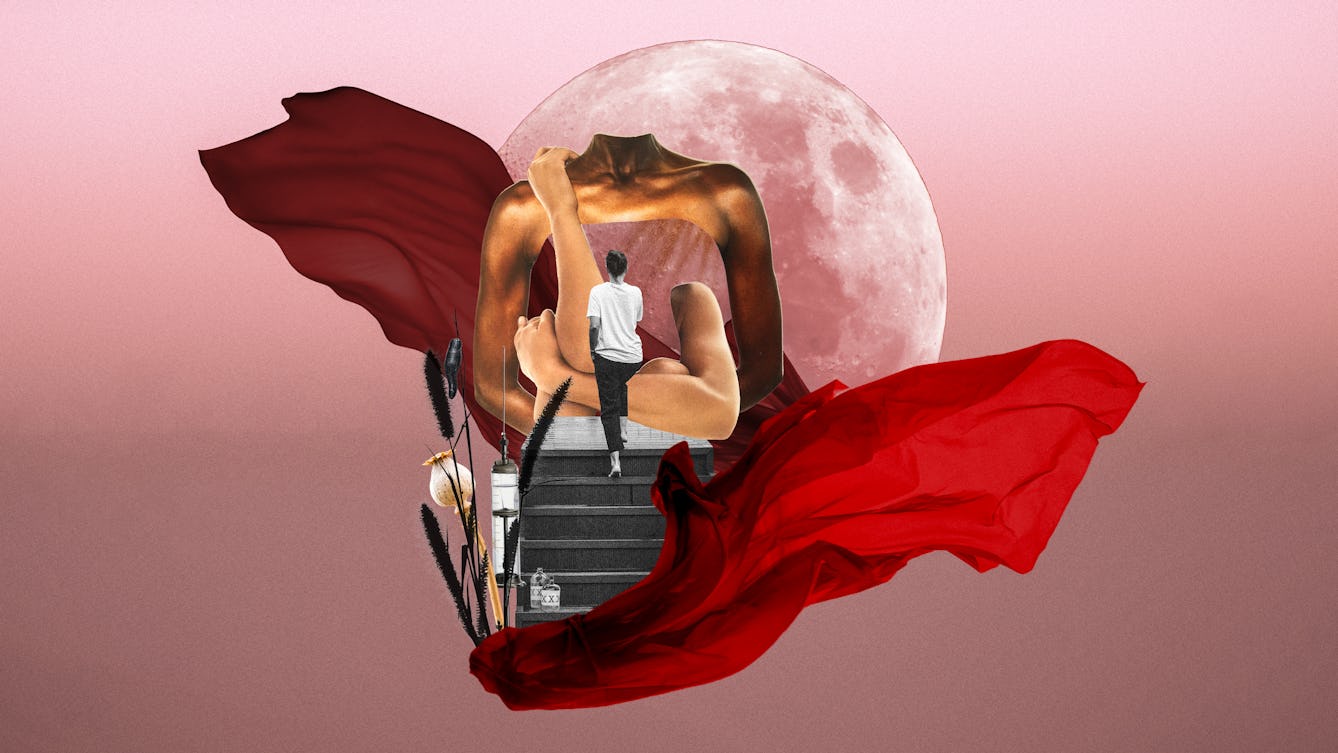
- Article
- Article
Blood
Discover the history, mythology and taboos around blood and menopause, and hear from some contemporary voices about their experiences of periods and the onset of menopause.

- In pictures
- In pictures
From rockets to raves
Find out how hydrogen peroxide has been used to do everything from investigate murders and propel rockets to treat teeth and bleach hair.

- Article
- Article
How music opens the doors of memory and the mind
People living with dementia can often still listen, perform or move to music. What does this tell us about how memories are formed?

- Article
- Article
Finding out where my lithium comes from
The origins of the lithium Laura Grace Simpkins swallows daily are unclear. If we don’t know the provenance of our pills, how can we make informed decisions about them?

- Article
- Article
Coronavirus, Crohn’s and me
Clinically vulnerable to COVID-19, Lucia Osborne-Crowley has been shut in her flat for months. With her chronic condition transformed into a life-threatening one, she explores what the pandemic is revealing about living with long-term illness.
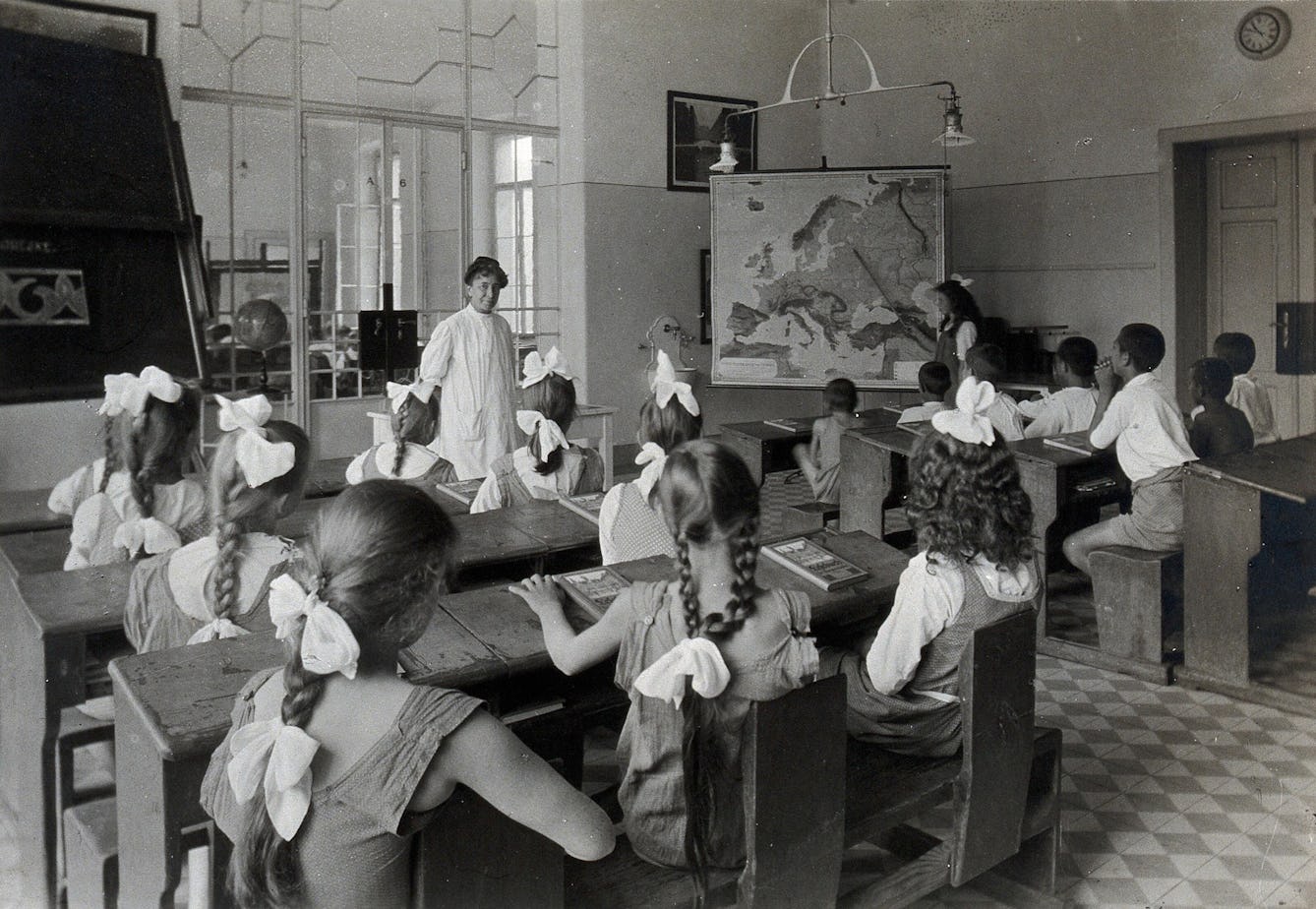
- Article
- Article
The law of periodicity for menstruation
Dr Edward Clarke's Law of Periodicity claimed that females who were educated alongside their male peers were developing their minds at the expense of their reproductive organs.
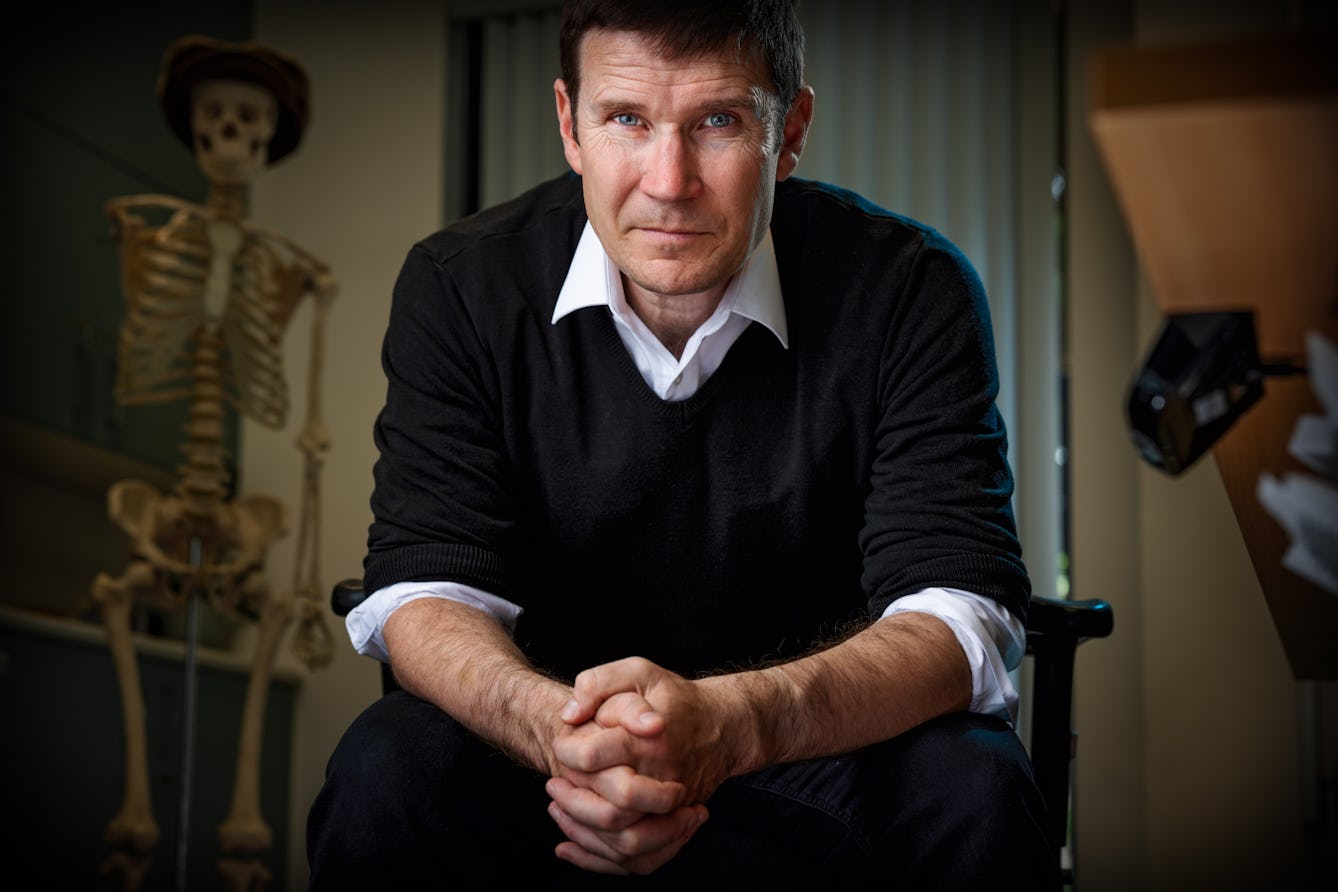
- Book extract
- Book extract
Why the NHS is worth saving
In this extract from his latest book, ‘Free For All’, Dr Gavin Francis poses challenging questions to be addressed if a health service that’s free for all at the point of use is to remain possible.
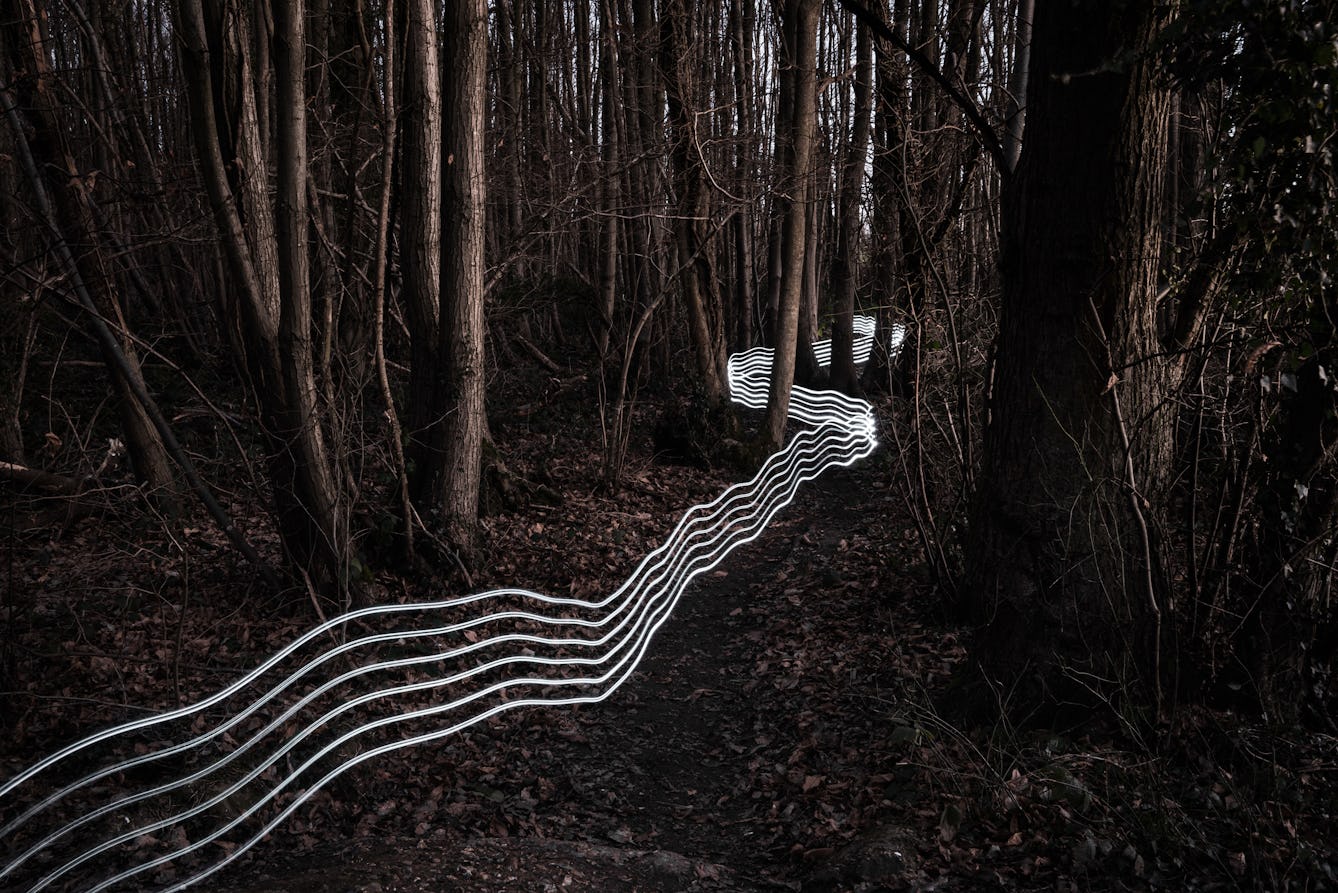
- Book extract
- Book extract
The neuroscience of how we navigate
Christopher Kemp describes the mysterious case of Amanda Eller, a hiker who got lost in the woods. How can someone take a few steps off a well-marked trail and completely disappear?
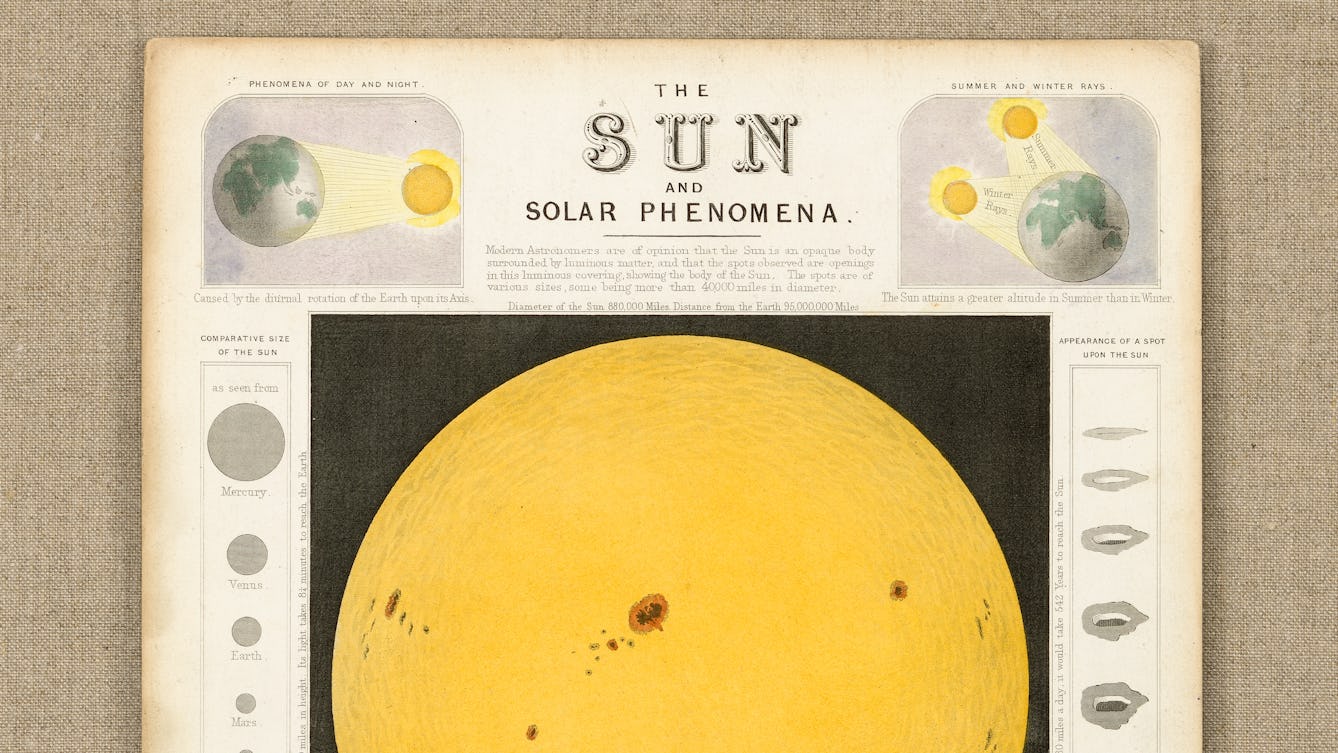
- In pictures
- In pictures
The healing sun
From ancient sun gods to artificial light, our relationship to our star has morphed over the centuries, but the sun's power to affect our health is more noticeable than ever.

- In pictures
- In pictures
An emotional journey through drink
David Jesudason’s relationship with alcohol is complicated. Here he explores how booze can shape our behaviour, describing how he’s matured from underage drinker to cask-ale connoisseur.
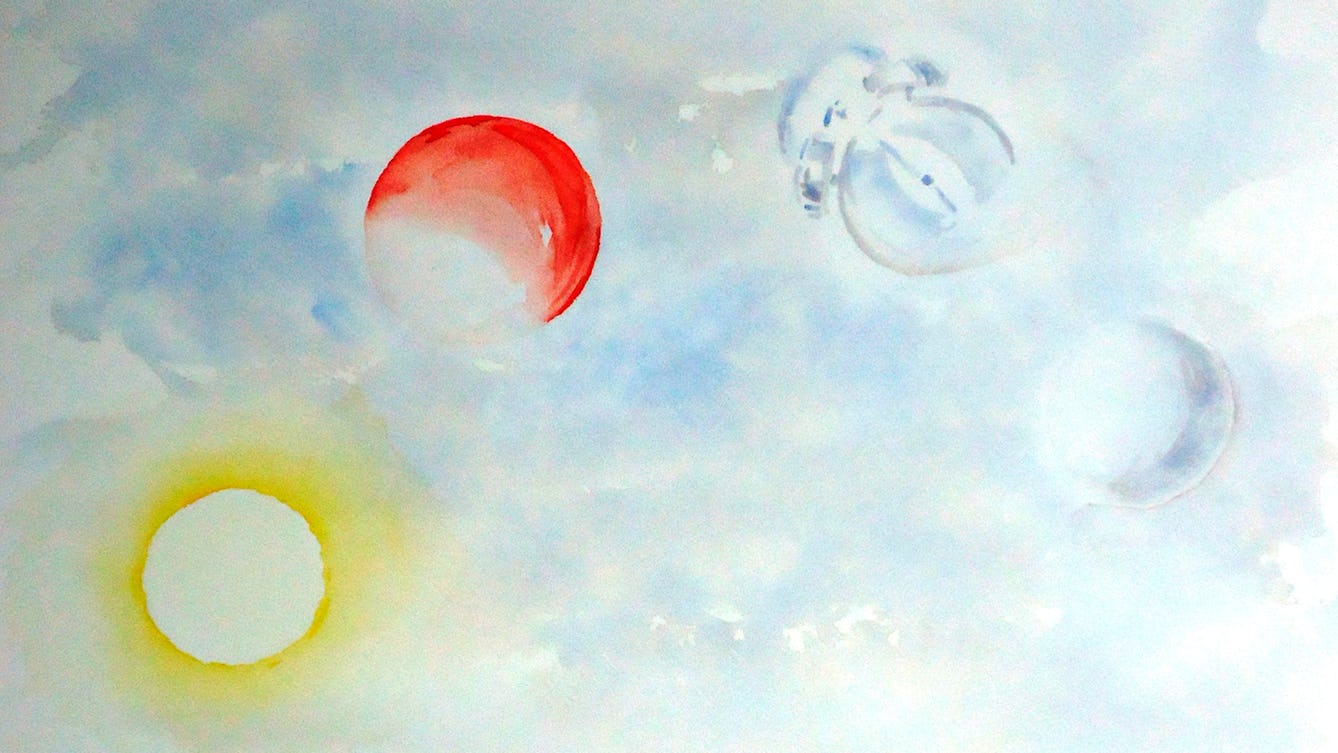
- Book extract
- Book extract
“It wasn’t an accident that I came to you”
Douglas meets psychoanalyst Susie Orbach for a follow-up session, ahead of delivering a difficult verdict.
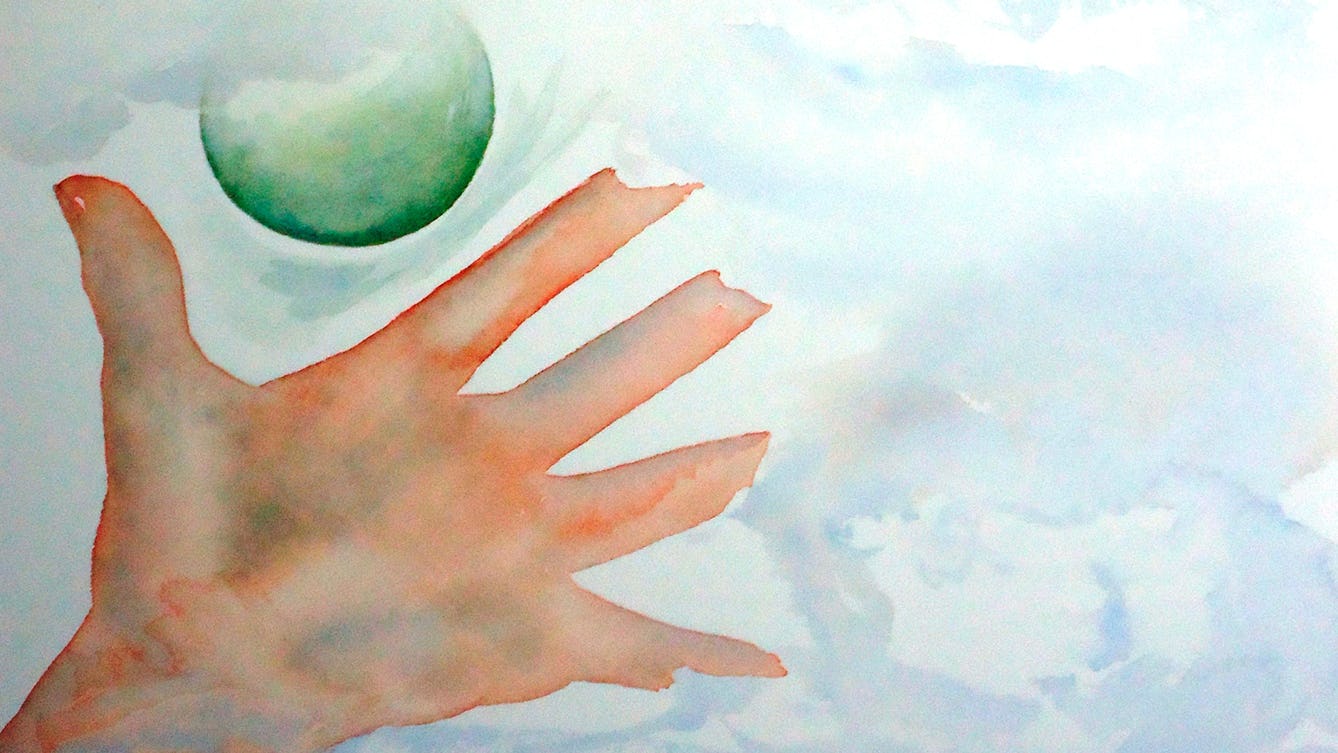
- Book extract
- Book extract
“I’ve never talked to anybody about this before”
Douglas is furious. He’s at crisis point and needs help. Read the first of his two sessions with psychoanalyst Susie Orbach.

- Article
- Article
The Martians are coming
For over a hundred years, antagonistic alien invaders have been a popular focus for the imagined end of the world. But the destructive consequences of human behaviour is far more frightening.
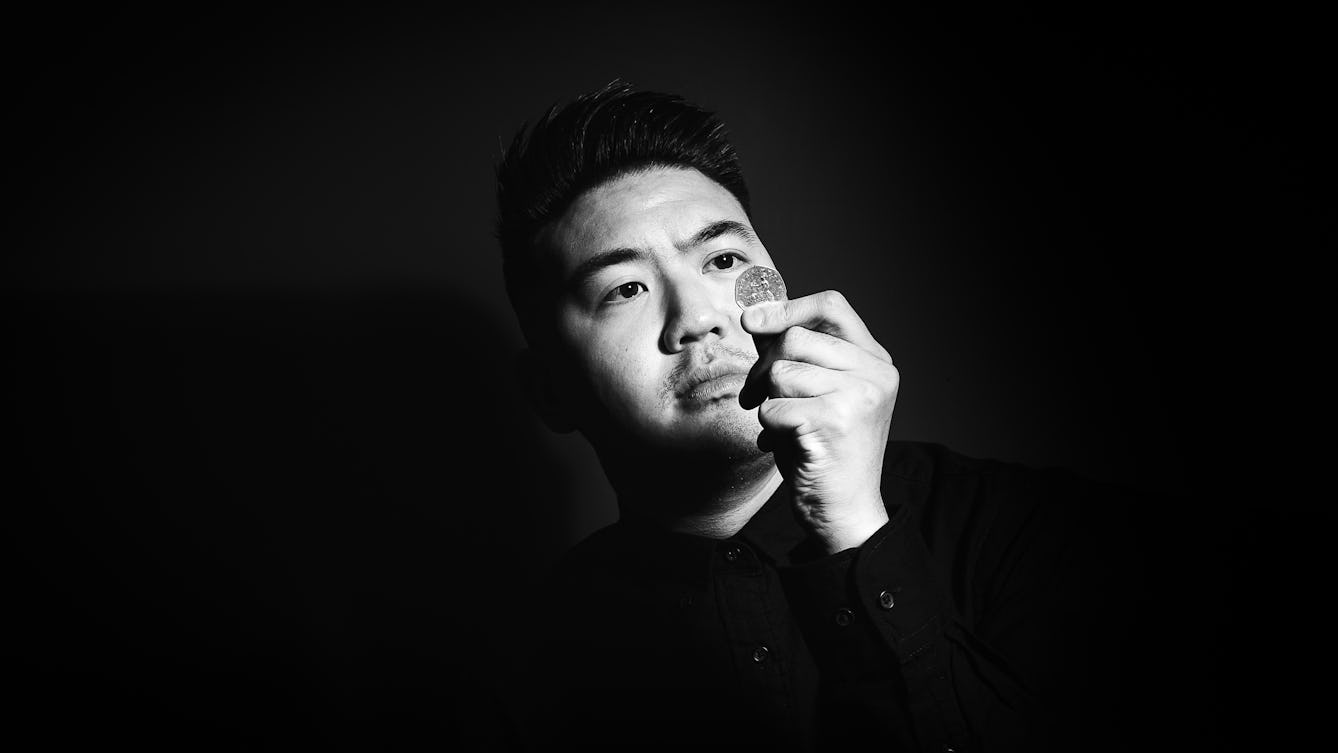
- Article
- Article
Life before assistive technology
When an inherited condition caused Alex Lee’s vision to deteriorate, he began to discover the technologies that would help him navigate the world around him. Here he describes how his life began to change.

- Article
- Article
On nature cures and taking the waters
When chilly outdoor swims began to chip away at her depression, Jessica J Lee was drawn to a closer study of the complex natural world around her.
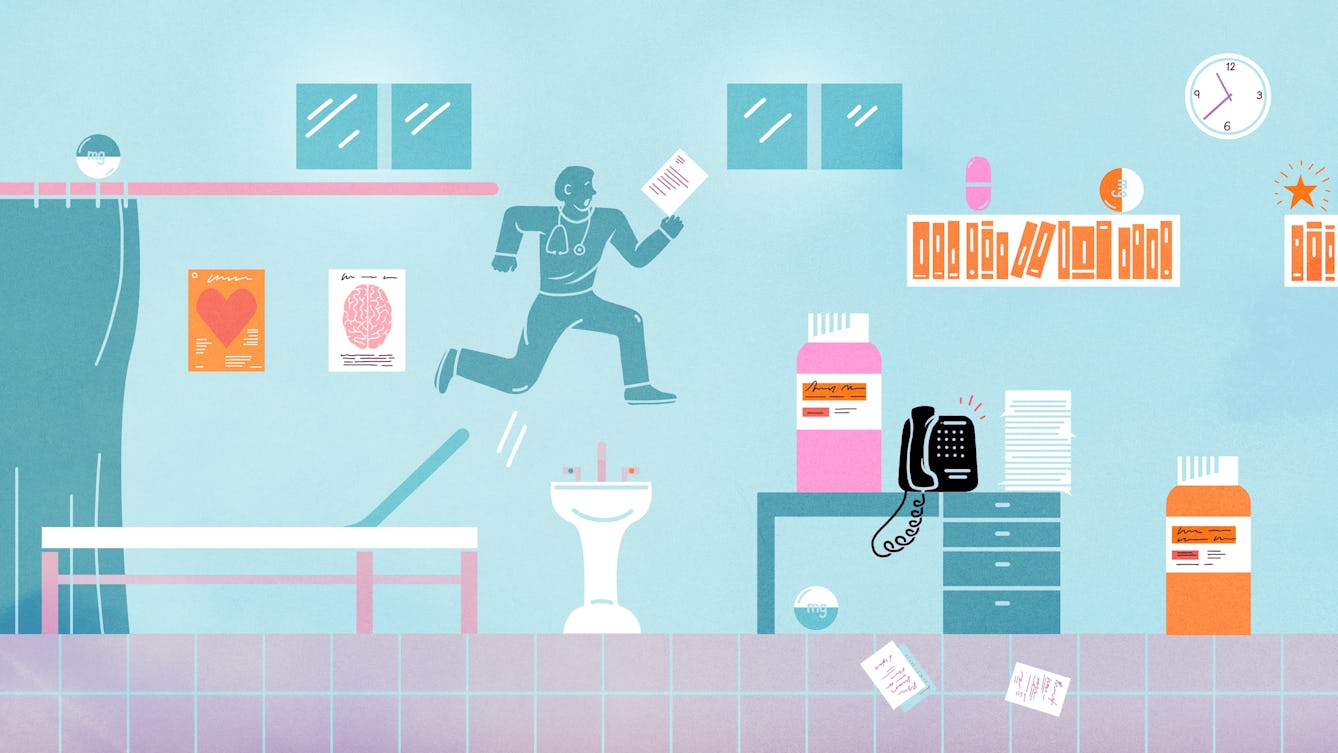
- Article
- Article
Mistakes and perfect medicine
This week our anonymous GP reflects on how a mistake made in a busy, stressful environment could have had serious consequences.

- Article
- Article
Raising a baby in prison
Gary’s second child spent much of her babyhood in a prison mother-and-baby unit, after his wife was given a custodial sentence. Here he explores the family’s experiences of that time.
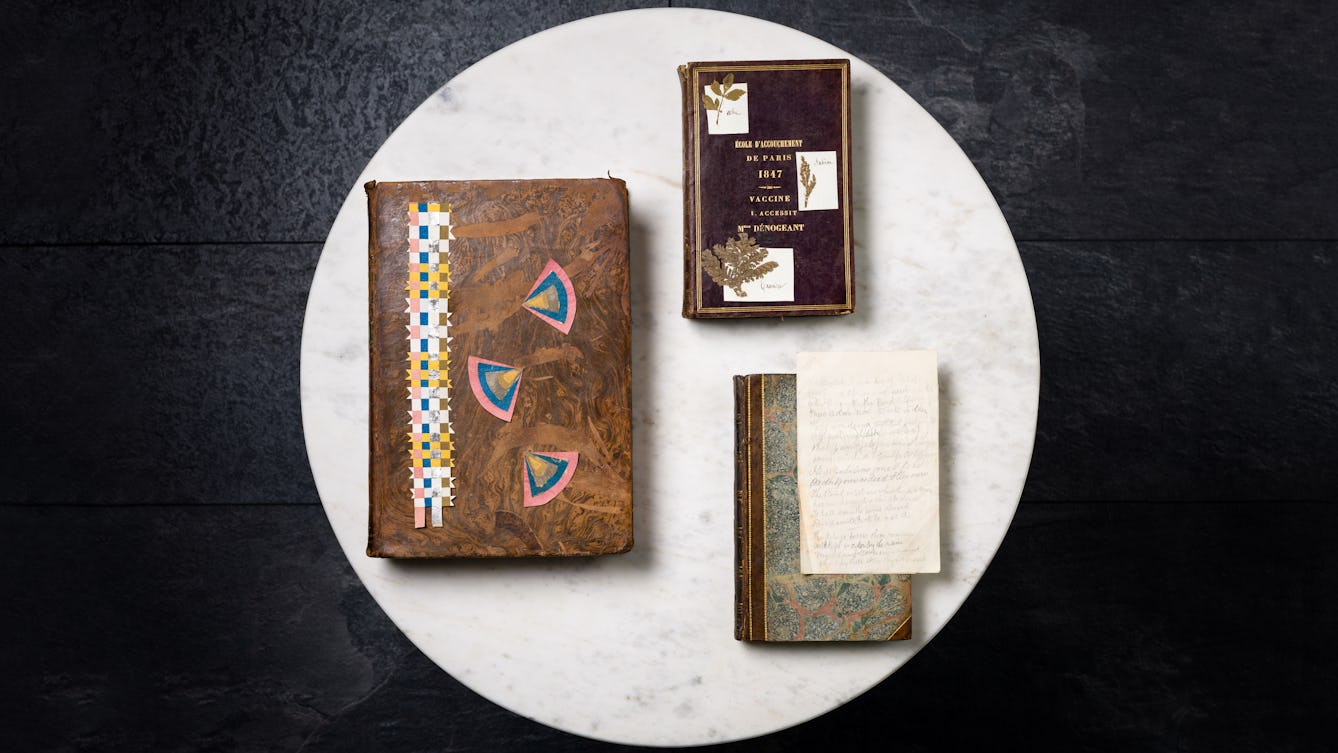
- Article
- Article
Found items
Books leave their traces in our minds, but we leave traces of ourselves in books too, as these fascinating items found inside old works show.
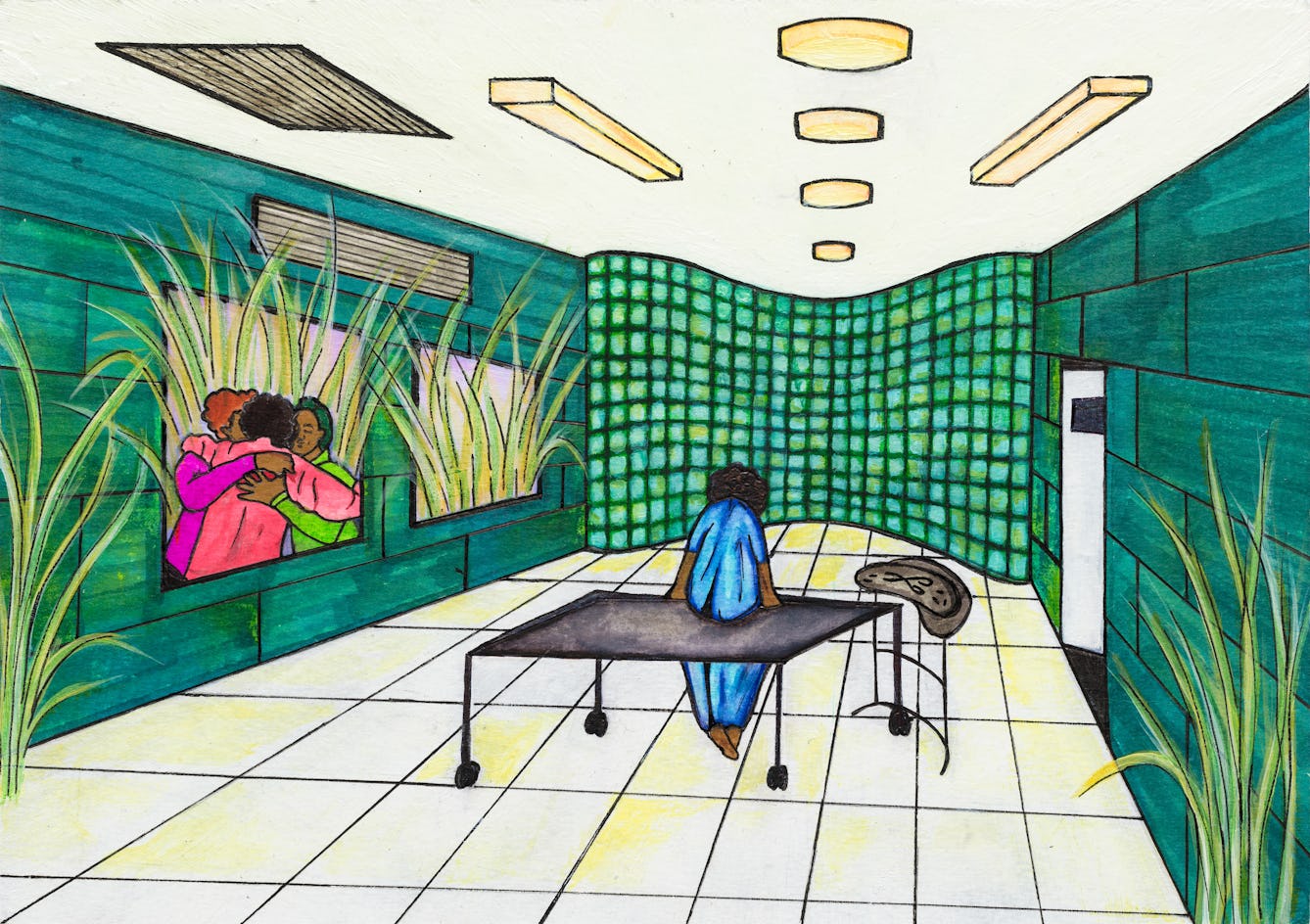
- Article
- Article
What Black women do when the NHS fails them
Sabrina-Maria Anderson explores misogynoir – hatred of Black women – within the NHS, and how women like her are consequently turning to other sources of medical support.
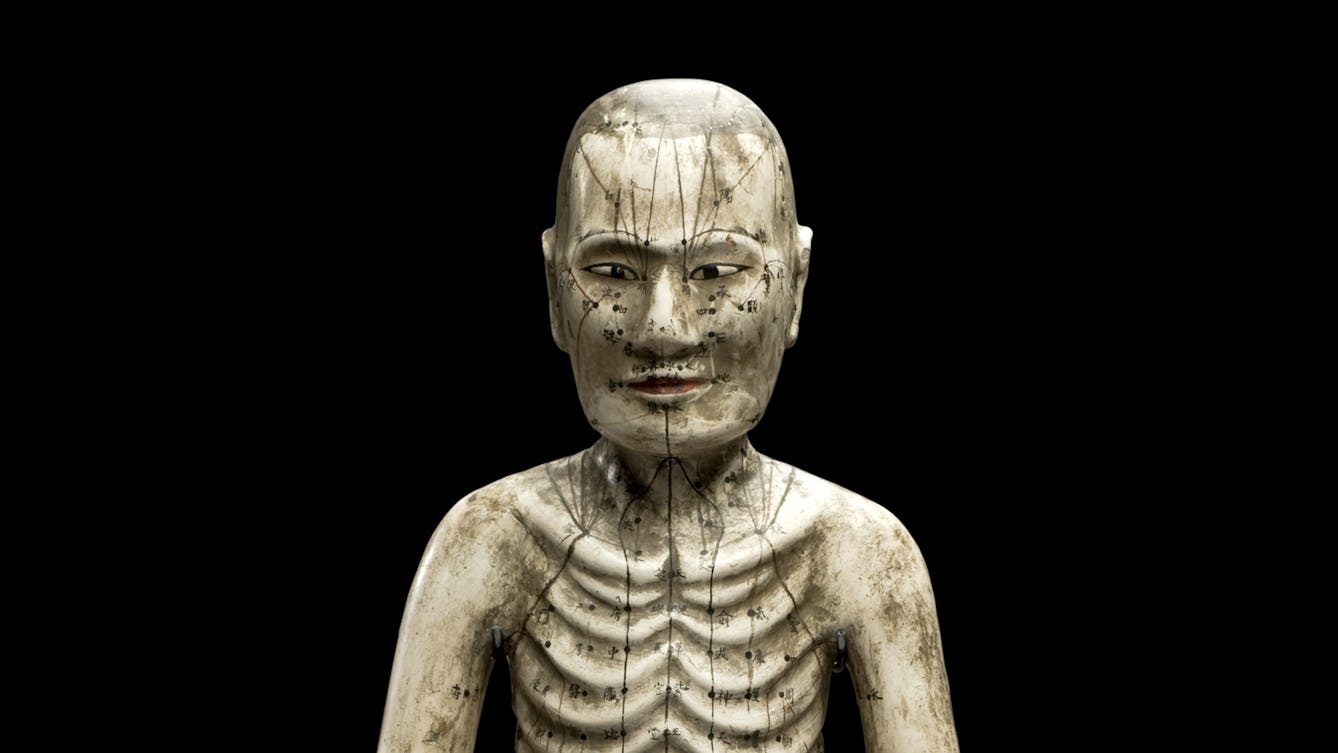
- Article
- Article
The Key to Memory: Mark it out
Sarah Bentley explores what a papier-mâché figure from Japan can tell us about how and why we remember.
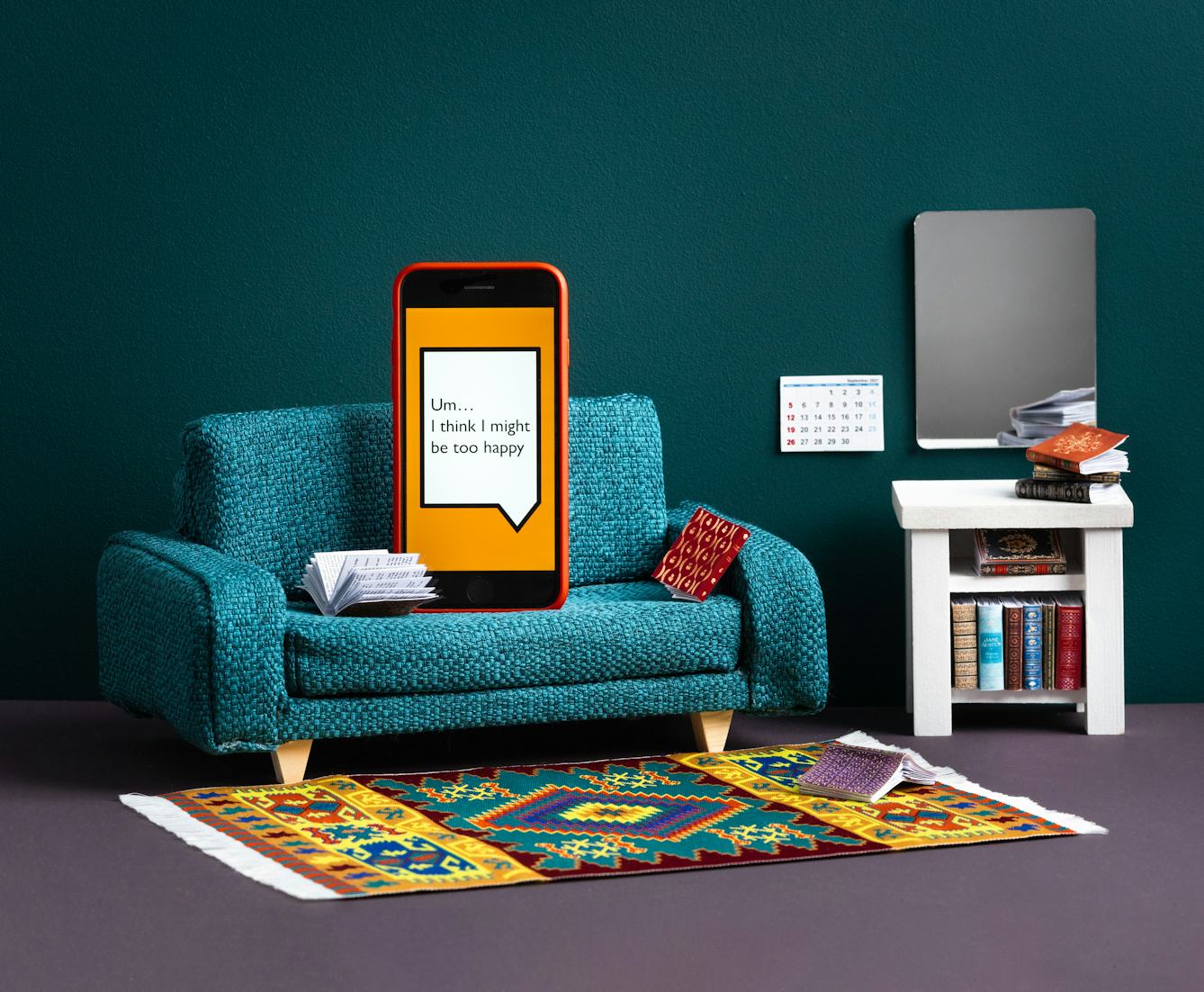
- Book extract
- Book extract
Solving the mystery of how to be happy
Crime writer Sophie Hannah thinks she might be too happy. Worried she’s using her happiness as an excuse to avoid a big work problem, she turns to a life coach for help.